
Usually, most people think of a pimple as a raised, pink and inflamed bump, but that's just one type. "Acne" is a broad term that includes pimples, blackheads, whiteheads, pustules, and more severe acne, like nodulocystic acne.

Acne affects 3 in every 4 people aged 11 to 30 years.
Risk factors include genetics, the menstrual cycle, anxiety and stress, hot and humid climates, oil-based makeup, and squeezing pimples.
Generally, its treatment depends on how severe and persistent the acne is.
Mild acne treatment is available without prescription and includes anti-bacterial skin cleansers, whereas moderate acne can be treated with oral as well as topical antibiotics. Furthermore, a dermatologist may recommend or use one or a combination of laser and light therapy and chemical peels. Also, a right skin care routine can help you to keep your skin acne free, keeping your skin young and healthy.
But what if you have a particularly bothersome pimple that you wish could be quickly zapped away?
Yes, one can, with an acne spot treatment.
Spot treatment refers to the limited application of the topical ointment, laser treatment, or peels to specific acne or pigmentation areas. Limiting the use of these ingredients to just the affected area could be an effective management strategy.
Acne spot treatments are over-the-counter (OTC) acne treatments used to treat specific, individual pimples.
- Unlike other types of acne products, they are only applied to existing blemishes rather than the entire face.
- Some spot treatments must be left on overnight, while others dry clear and can be worn during the day.
- There are even tinted spot treatments that can help conceal breakouts while you use them.
Spot treatments are only effective for minor papules and pustules on the skin surface level.3
- Acne-fighting ingredients are delivered directly to the offending blemish in spot treatments.
- Redness, swelling, and pain can all be reduced with spot treatments.
- They can also aid in loosening or dissolving the pore blockage that caused the blemish in the first place.
How to use Spot Treatment

Generally, a small amount of spot treatment should be dabbed directly on the pimple once or twice daily. There is no need to rinse; the medication needs to sit for at least a few hours to penetrate the pore.
Some products dry clear, allowing them to be worn out, and others are colored, so they may need to be applied only at night and washed off in the morning. Whatever product you choose, make sure to read and follow the product's usage instructions. One may need to talk to the doctor about adding a spot treatment to the mix while already taking prescription acne medication.
What kinds of spot treatment are available?
Many spot treatments are available, from bargain drugstore finds to expensive chic brands. Placing the ice on a pimple before spot treatment might work best for the inflammatory acne that flares under the skin. Follow that up with the application of an OTC pimple product.The most effective spot treatments will contain one of the following:
- Benzoyl Peroxide
Benzoyl peroxide is the most effective OTC acne treatment around. It helps reduce inflammation and makes the pore an unfavourable place for acne-causing bacteria to hide. Also, this aids in the killing of Propionibacterium acnes, a type of bacteria associated with acne. It can be found in over-the-counter creams and other products, but a doctor may prescribe a stronger version.
A product may contain 2.5–10% benzoyl peroxide. People with mild, moderate, or severe acne who use benzoyl peroxide regularly may see results in as little as 5 days. To maximize its effectiveness, a doctor may recommend using it in conjunction with other topical acne treatments, such as retinoids.
- Salicylic Acid
Salicylic acid helps clear out the dirt that's trapped in the pores. It also works well to dry up pustules (pimples with whiteheads). In addition, this exfoliates the skin, removing dead cells and smoothening the skinzs surface. It could also aid in the treatment of mild-to-moderate outbreaks.
- Sulfur
Sulfur is another ingredient that dries out pimples and helps reduce inflammation. Like benzoyl peroxide, sulfur can be drying to the skin. \
- Retinoids
They are vitamin A-derived products. They treat acne by reducing inflammation and preventing pimple formation. Retinol, tretinoin, adapalene, and tazarotene are examples of topical retinoids. Adapalene is the only topical retinoid acne treatment available OTC.
An acne patch best follows spot treatment.
- Acne patches

Acne patches are small stickers that typically contain slightly gummy wound healing gel called hydrocolloid gel which can draw oil and dirt away from a pimple.
hey are designed to treat acne that's on the surface, such as pus-filled bumps, blackheads, and whiteheads. It's unlikely that these patches will penetrate deep enough to help cystic acne.6
How do pimple patches work?
Hydrocolloid dressing is designed to absorb liquid to dry pimples out. By adsorbing the toxins trapped beneath the skin while protecting the zit from external bacteria and face picking the pimple patches can speed up healing.
Acne patches have several advantages, including preventing you from picking the acne and causing further irritation, as well as providing UV protection and assisting in the healing process.
How to use acne patches?
These little bandages are made to be stuck directly onto pimples to dry them up more quickly and leave them there for a few hours. After removing the sticker, a person may find that the affected area is smaller and less inflamed. However, picking can cause scarring, making a person's skin look worse.
As most pimple patches need to be worn for a few hours to work, one might want to apply them before going to bed. Some versions are suitable for use during the day as they are not noticeable.
It is important to ensure that the skin is completely dry before applying the pimple patch, as the patches will not adhere to wet skin. If the pimple you just picked is leaking or oozing, clean the area before applying the cream.
Types of acne patches
There are various types of acne patches to treat them, just as there are various types of acne.
- Medicated Patches
Medicated acne patches contain active ingredients that kill acne-causing bacteria while also reducing inflammation. The patches help the active ingredients absorb better into the skin and reduce bumps, pain, and redness. The most common active ingredients of these patches are salicylic acid and tea tree oil.
- Non-medicated Patches
The patches that solely utilize hydrocolloid technology are known as non-medicated patches, and these patches work by sucking out the moisture from the pores.
Choosing an acne patch8, 9
- While choosing the acne patches, it is essential to consider some factors like skin tone, size, adhesion, and ingredients.
- Medicated patches are ideal for active acne such as papules, pustules, and nodular acne, whereas non-medicated patches aid in the healing process of pimples and whiteheads.
- It is suggested to look out for hyaluronic acid or niacinamide for hydration and acne-fighting ingredients like salicylic acid or tea tree oil.
References:
- What you need to know about acne, Available at: https://www.medicalnewstoday.com/articles/107146#_noHeaderPrefixedContent, Last accessed on 9th February 2022
- Hormonal acne: What you need to know, available at: https://www.medicalnewstoday.com/articles/313084, last accessed on 9th February 2022
- Choosing an Acne Spot Treatment, Available at: https://www.verywellhealth.com/acne-spot-treatments-15527, Last accessed on 9th February 2022
- How to Treat Acne in 5 Min, Overnight, or Holistically for Life, Available at https://www.healthline.com/health/beauty-skin-care/acne-treatment#3--day-strategy, Last accessed on 9th February 2022
- 6 of the best acne spot treatments, Available at: https://www.medicalnewstoday.com/articles/best-acne-spot-treatment#acne-treatments, Last accessed on 9th February 2022
- Do Those Pimple Stickers Work?, Available at: https://www.healthline.com/health-news/do-those-pimple-stickers-actually-work, Last accessed on 9th February 2022
- Do Pimple Patches Work?, Available at: https://health.clevelandclinic.org/how-do-pimple-patches-work/, Last accessed on 9th February 2022
- The 10 best acne patches, Available at: https://www.medicalnewstoday.com/articles/acne-patch#acne-patches, Last accessed on 9th February 2022
- 7 Acne Patches to Try: From Medicated to Microneedle, Available at: https://www.healthline.com/health/beauty-skin-care/acne-patches#types-of-acne-patches, Last accessed on 9th February 2022
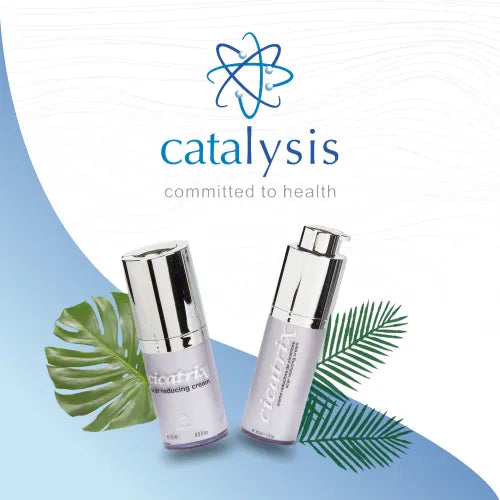
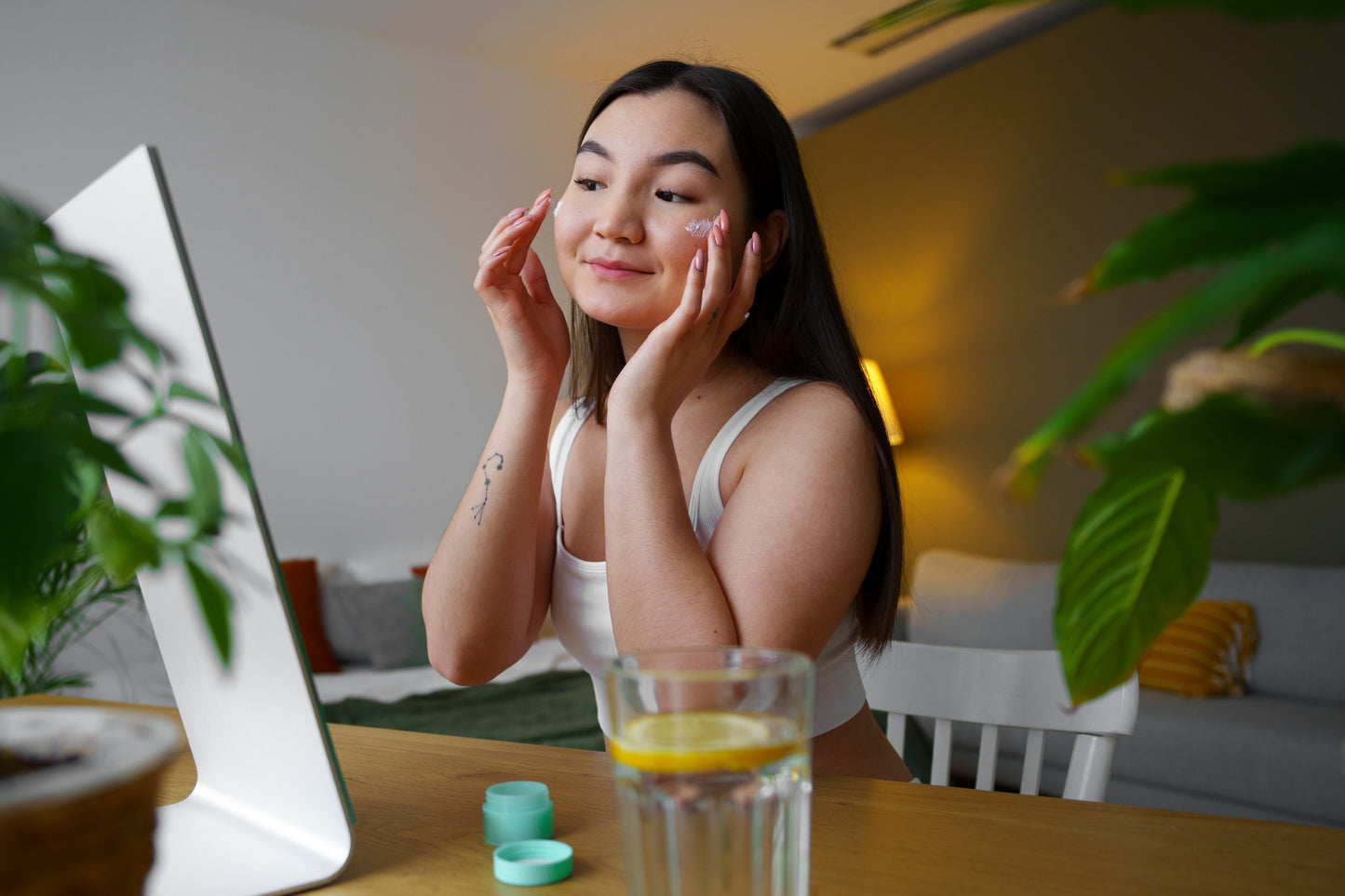
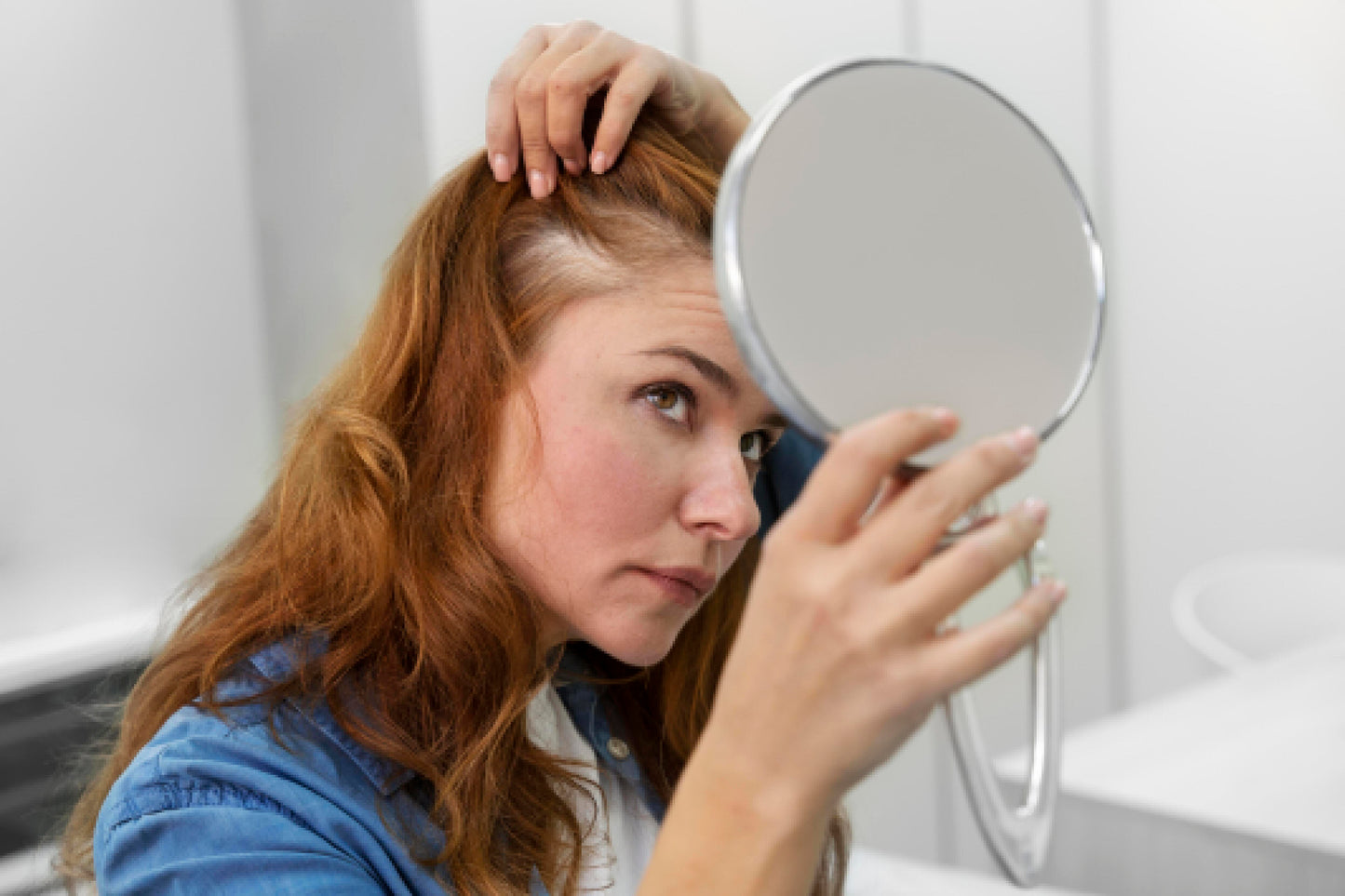

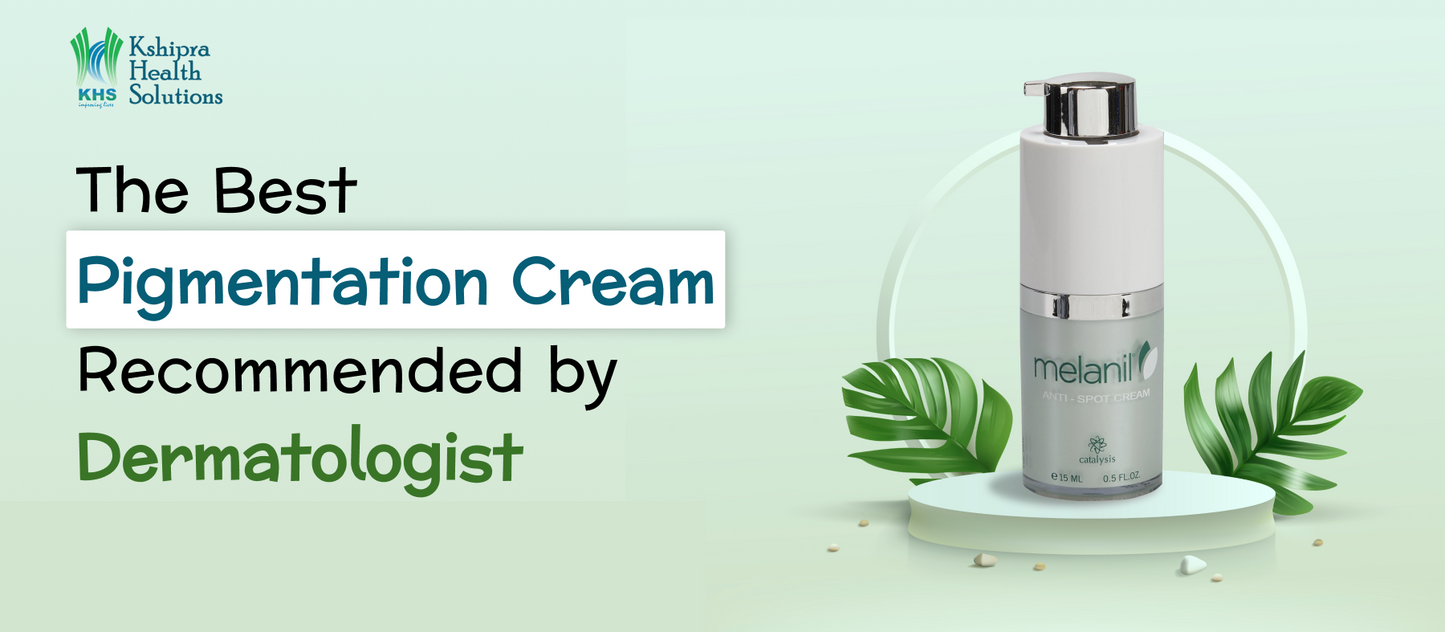
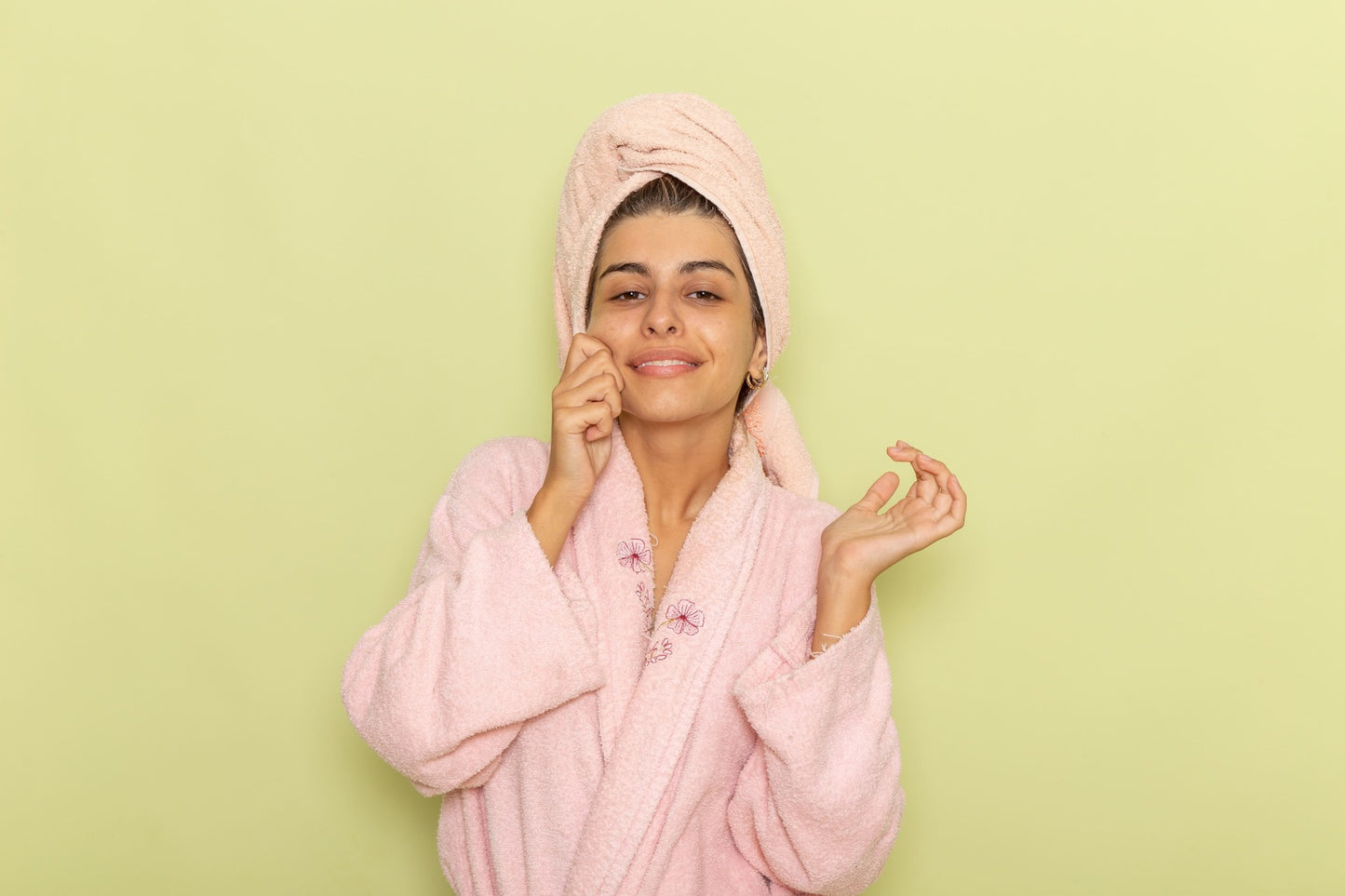
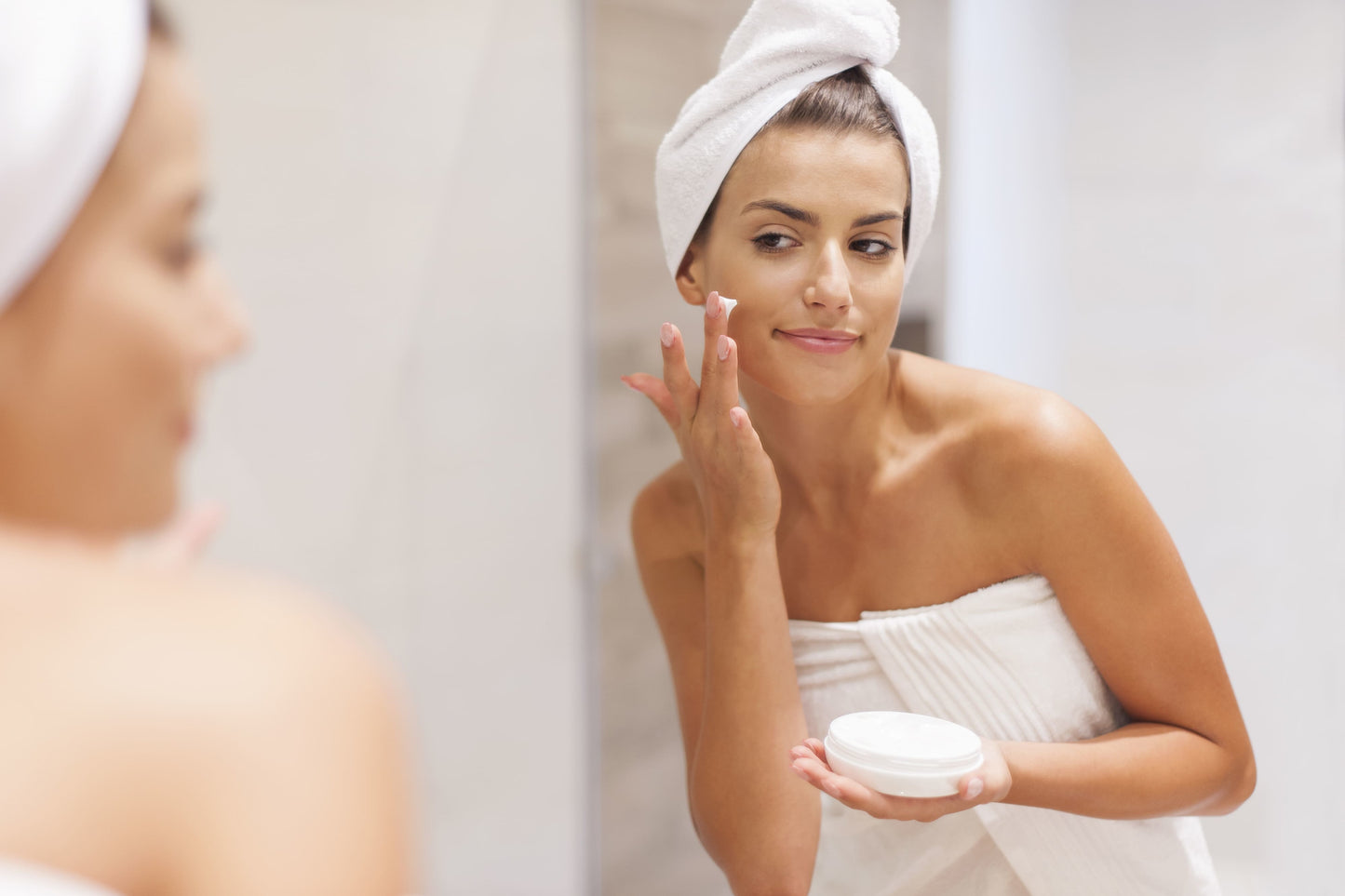
Comments
Spot treatments for acne target individual pimples with concentrated ingredients like benzoyl peroxide, salicylic acid, or sulfur. They work to reduce inflammation, kill bacteria, and speed up healing without treating the entire face. For more info visit our official website https://www.rmvkosmoderma.com or contact us @+91 76764 44111
thanks for sharing the best information for acne treatment and keep sharing the good content.